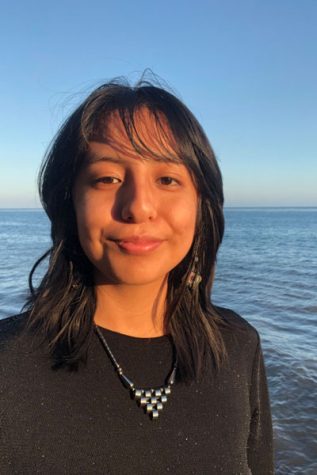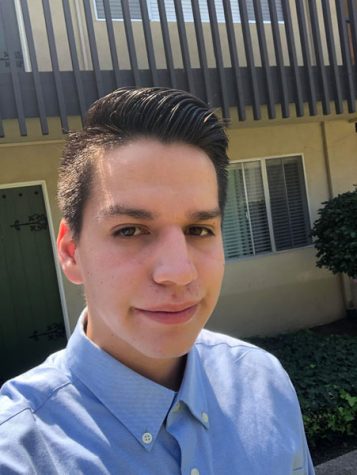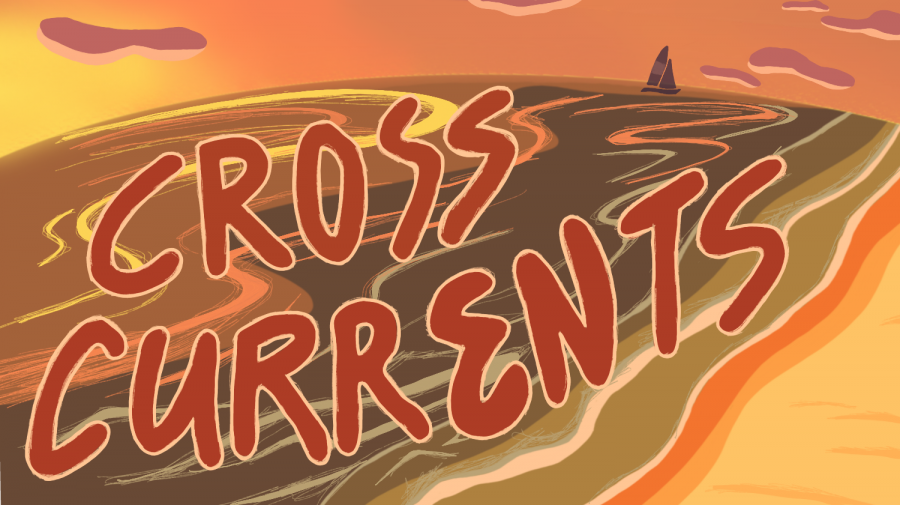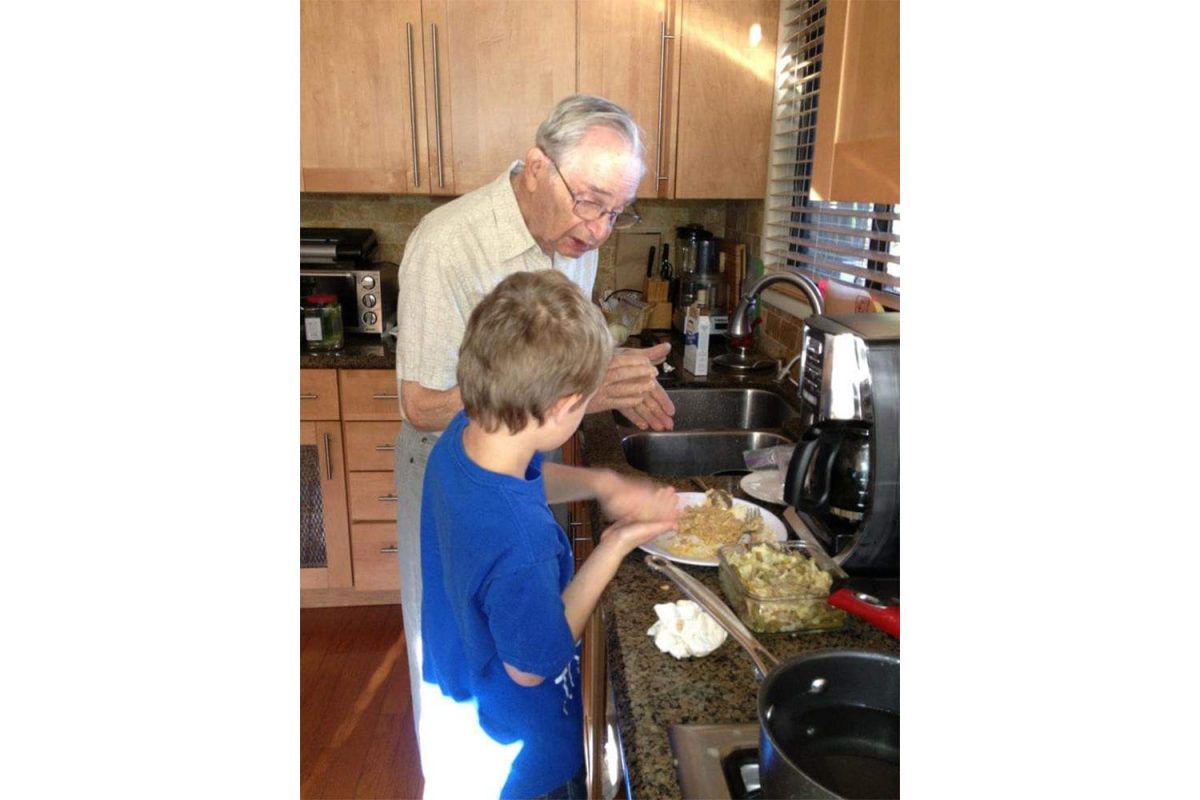There are controversies that surround what is supposed to be one of the most loving and grateful American holidays, Thanksgiving. Some see it as a time to forget about the negatives in life and to be thankful for what they have. But others see it as a mark of violence and colonialism that darkly shaped the United States. While still others don’t celebrate the holiday at all. Should Thanksgiving be celebrated, or does its history call for a critical revision of the autumnal holiday?
 Alloy Zarate, Associate Editor
Alloy Zarate, Associate Editor
Thanksgiving is so American, colonialist and consumerist.
Both my parents are immigrants so the holiday felt like something we had to celebrate in order to assimilate into American culture.
They learned how to cook the traditional foods associated with the holiday and forced the family to get together.
But there was always family drama that caused underlying tension as we ate the turkey and potatoes that we despise.
I accepted it as a kid, but I never looked forward to it. As I got older, I learned about the real history of the Native-American genocide in the U.S., and it didn’t feel right to continue commemorating the holiday.
In the late 1630s, the governor of the Plymouth Colony declared Thanksgiving to be a celebration of the recent massacre of the native Pequot tribe.
The settlers felt entitled to the land and they outnumbered the natives, who were dying from diseases brought over from Europe.
The holiday is rooted in white supremacy that isn’t limited to this event. America has a never-ending history of committing genocide against Native Americans.
Thanksgiving has since been turned into a commercialized holiday to trick the masses into boosting the economy, but that shouldn’t be the people’s responsibility anyway.
The blood of a bad economy is on the hands of billionaires whose ancestors abused slaves to build wealth, and won’t redistribute it to the people who need it most.
So, in recent years, my family has decided to omit the traditional foods and extended family visitors.
This year we spent our day off like we would any other weekend.
There’s nothing wrong with eating a meal with your family and expressing your gratitude, but keep in mind that you are occupying stolen land.
No matter how liberated or educated you think you are, you are still participating in the celebration of genocide by celebrating Thanksgiving, because that’s what it was always meant to be.
 Alvaro Abrego Trancozo, Staff Writer
Alvaro Abrego Trancozo, Staff Writer
Year after year for Thanksgiving, thousands of families sit down with each other to enjoy a meal like no other.
Yet, there are people who don’t celebrate Thanksgiving due to the fact that it is a part of a dark history that formed the United States.
But the holiday’s culture is currently not what it was hundreds of years ago.
Thanksgiving is a day to spend time with family and friends I hardly see, and to forget about the day-to-day problems of life.
Even though it has turned into a commercialized holiday, I doubt that was Abraham Lincoln’s intentions in 1863 when he declared it a national holiday.
Like anyone else, I often worry about my responsibilities. Going to work or thinking about my next school assignments are constant worries in my life. When I celebrate Thanksgiving, it makes me focus on the present and forget about the past’s worries.
When I meet family, it’s all hugs and handshakes; we have a long chat and laugh and reminisce over memories and childhood events. Although reality sets in after Thanksgiving is over, I would rather get distracted by spending a good time with my family than rewatching what was posted on social media.
But year after year, Thanksgiving means something different for a lot of people. It’s a reminder of the countless horrors the Native Americans faced from white colonialism.
Some indigenous peoples see it as a day of mourning, but others are trying to encourage what it should be: a day for unity and prosperity, along with some good food.
Whatever you do on Thanksgiving, it should now be a time of peace and gathering of friends and family, so that we can look forward and not backward.
I look forward to seeing my family, like that one time when we met up in Lompoc. It was great seeing my cousins that day and we stayed up all night playing video games and joking around. In the morning we ate leftovers and then headed back to Santa Barbara.
I don’t have anything against people who choose not to celebrate the holiday, but it’s something that I would personally enjoy continuing to celebrate.






